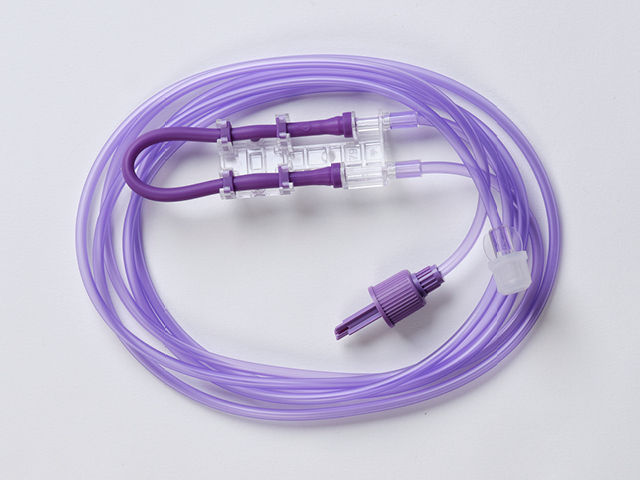Living with a specialised diet
The Nutricia portfolio of science-based nutritional solutions is designed to positively impact health through food for people who need it most, and at the most critical times of their lives.
Do you need support?
Contact our team of experts for guidance and support on the use and composition of the Nutricia product range. We are available Monday to Thursday 9am-5pm and Friday 9am-4pm (except Bank Holidays)








